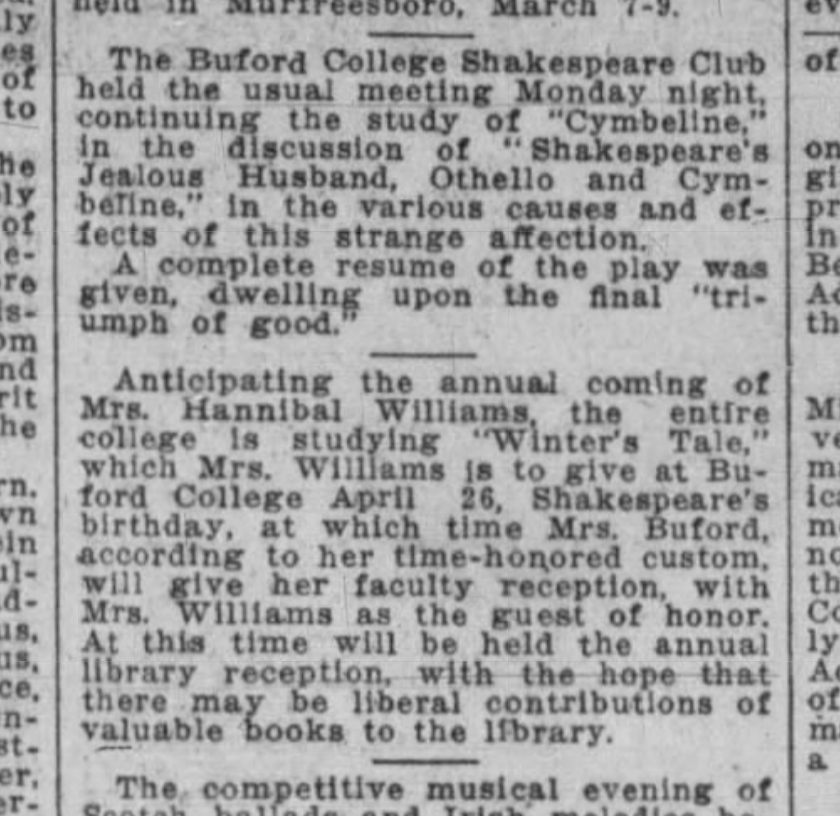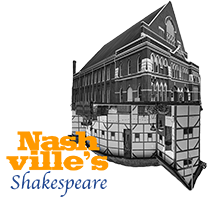In August of 1920, Tennessee had become the center of attention for voting rights for women. Congress had passed the 19th amendment giving women the right to vote in June 1919, but before it could become law, 36 states needed to ratify the amendment (vote in favor of it). By August of 1920, 35 states had officially ratified the amendment, and Tennessee was seen as the best chance for achieving the last vote. The Tennessee General Assembly was debating the amendment in Nashville and large numbers of people flocked to Nashville in order to lobby for or against the amendment. Famously, the ratification was stalled by a tie in the House of Representatives. The tie was finally broken by a single vote. State Representative Harry T. Burn changed his vote from “nay” to “yay” after reading a letter his mother had written telling him to “be a good boy” and vote in favor of women’s suffrage. For more on suffrage in Tennessee click here.
During this time, women worked hard to assert their voices in public spaces. One way they did this was through organizing civic, educational, and reading clubs. The goal of many of these societies was to facilitate upward social mobility of their members through education. For instance, the motto of the National Association of Colored Women was “Lifting as we climb.” Nashville was home to the Magazine Circle, founded by Jewish women in the city in 1898, and the Query Club, established for unmarried women. One of the most important women’s club in Nashville was the Phyllis Wheatley Club. Founded in 1895 by African-American women, this civic organization grew to become a national network of women who worked to advance desegregation and voting rights. For more about the club, click here.
 One specific type of club during this time was the women's Shakespeare Club—in the early 1900s, there was a club in almost every major city in the US. In these clubs, women debated issues such as the “authorship question” and helped members pursue educational and intellectual advancement. The largest club, made up of 100 members across the U.S., was the National Shakespeare Federation. Elizabeth Burgess Buford, founder of the Buford College for Women in Nashville, was a member of the National Shakespeare Federation and ran her own faculty Shakespeare club. Read through the newspaper announcement above to hear about the debates they had.
One specific type of club during this time was the women's Shakespeare Club—in the early 1900s, there was a club in almost every major city in the US. In these clubs, women debated issues such as the “authorship question” and helped members pursue educational and intellectual advancement. The largest club, made up of 100 members across the U.S., was the National Shakespeare Federation. Elizabeth Burgess Buford, founder of the Buford College for Women in Nashville, was a member of the National Shakespeare Federation and ran her own faculty Shakespeare club. Read through the newspaper announcement above to hear about the debates they had.
